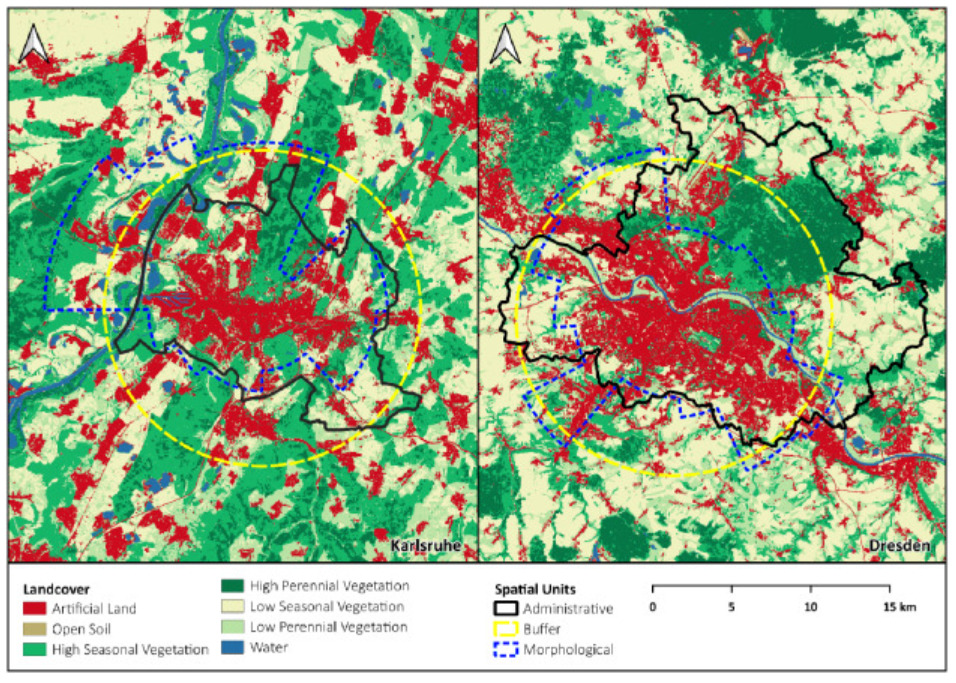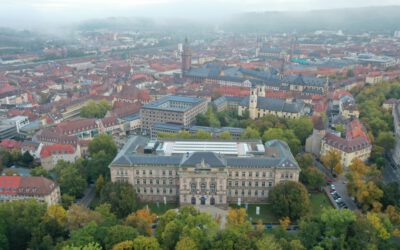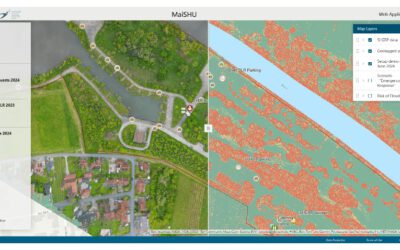Hannes Taubenböck and colleagues published their new article “Which city is the greenest? A multi-dimensional deconstruction of city rankings”.
from the abstract: “The question “which city is the greenest” sounds trivial, but in reality, this question contains statistical ambiguities. In this study, we approach this issue by ranking cities by green space shares. However, we do not base our ranking only on one green parameter and the commonly used administrative boundaries. Instead, we broaden access to rankings through several approaches: First, we calculate two parameters, i.e. green space shares and green space per capita. Second, we apply these parameters for two cases: for all green areas as well as for green areas with a minimum size of one hectare. The latter are considered to have an impact on near-home recreation and the local climate. Third, we relate these parameters on the one hand to administrative spatial units constituting the entity ‘city’, but juxtapose these on the other hand with two alternative spatial reference units: a morphological spatial unit that closely encompasses the built-up pattern of the city, and a standardized buffer unit around the city centers. The variability of these manifold rankings obtained by this study makes clear: the rank of one city in a relational system to other cities depends strongly on these parameters and spatial units applied. In our experiments we rank and compare the 80 major cities in Germany. The diversity of results allows to discuss the susceptibility of spatial statistics to ambiguities that may arise from the use of different concepts. By integrating these multidimensional concepts into one final ranking, we propose a strategy for a more holistic and robust approach while revealing uncertainties.”
read more here: https://doi.org/10.1016/j.compenvurbsys.2021.101687








